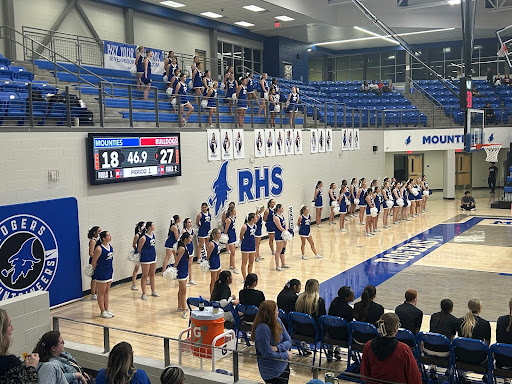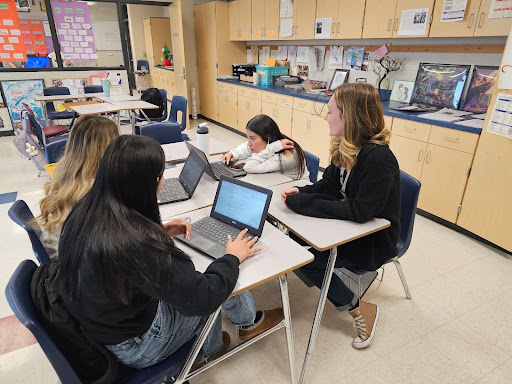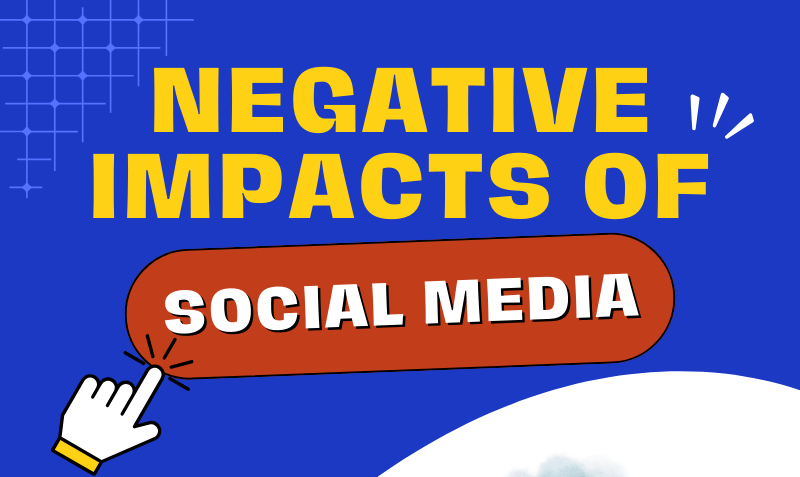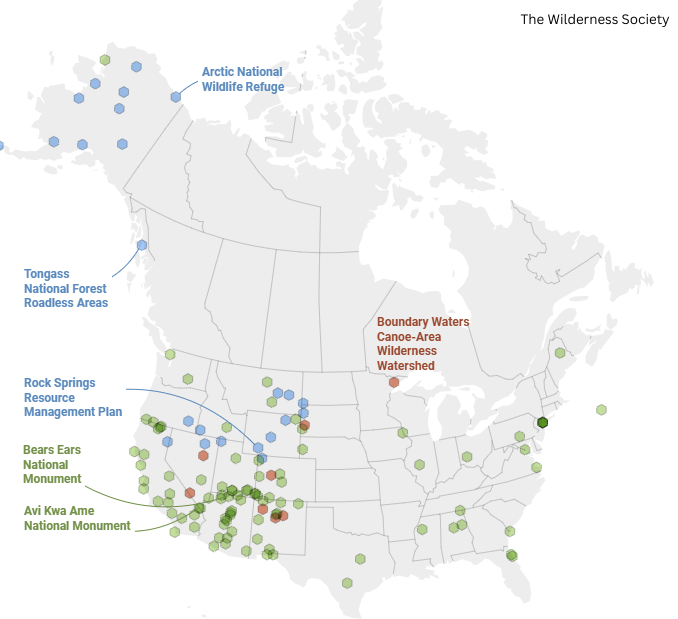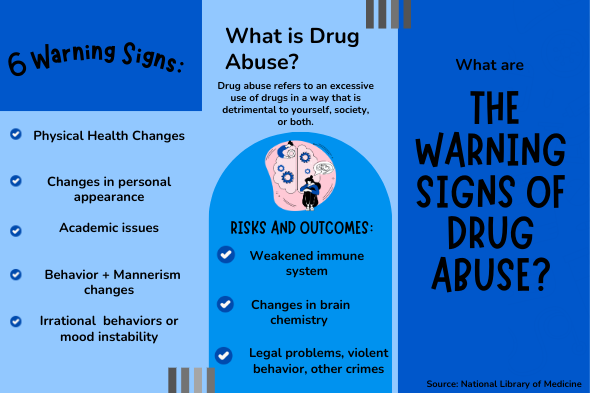
Teenagers may easily deceive others with their seemingly perfect facade online, making it crucial for parents to be able to spot the signs of drug use before it’s too late.
In adolescence, one may feel they are invincible, but the effects of youth substance abuse may have serious and long lasting effects. From mental and physical health issues to youth detention centers and poor maintenance of relationships, it’s important to learn and recognize the warning signs as this issue continues to rise.
“Peer pressure is very influential at this age; kids just want to fit in, so they follow their friends’ decisions and sometimes they’ll end up on the wrong path,” said Carla Jurgensmeyer, psychology teacher.
Understanding why one might use drugs could be a key to learning how to change the trajectory of these teenagers’ lives. It is crucial to give them an outlet for support, so they don’t turn to unhealthy addictions. By communicating with teens and staying informed, parents can create a supportive environment to help aid their children while they may be facing difficult challenges.
“The most common reason a teen might use a drug would likely be because they are dealing with sadness or something personal is happening to them, especially if they’re in a dark time in their life,” said Lizzie Carnes, 11.
Drug Abuse Resistance Education, also recognized as D.A.R.E., is a program founded by Daryl Gates in 1983 that advocates for preventing the use of drugs and violent behavior. This program aims to equip students with the knowledge of drug abuse, as well as the consequences, and provides them the skills to resist peer pressure to use drugs. However, there was a study done by Dennis P. Rosenbaum and Gordon S. Hanson, which showed the ‘Just Say No’ program had no long term impacts and those who completed the program were more likely than their peers to experiment with substances. Even though not all programs will be effective in informing and stopping youth drug use, there are many others out there that can be useful in solving this problem.
“There are several programs on the internet that can help parents be better informed,” said Deb Crawford, regional prevention provider at Community Clinic. “The Regional Prevention Providers in Northwest Arkansas can provide prevention resources and are available to speak at parent events. It’s much better for parents to be proactive and educate themselves than to be reactive after a child or teen has already started using a substance.”





